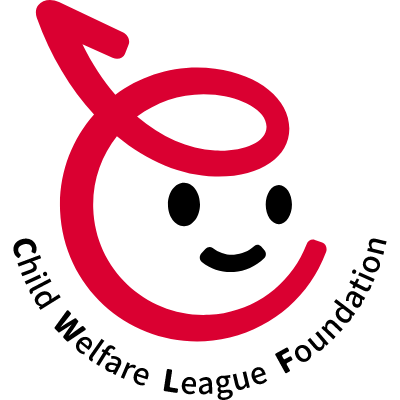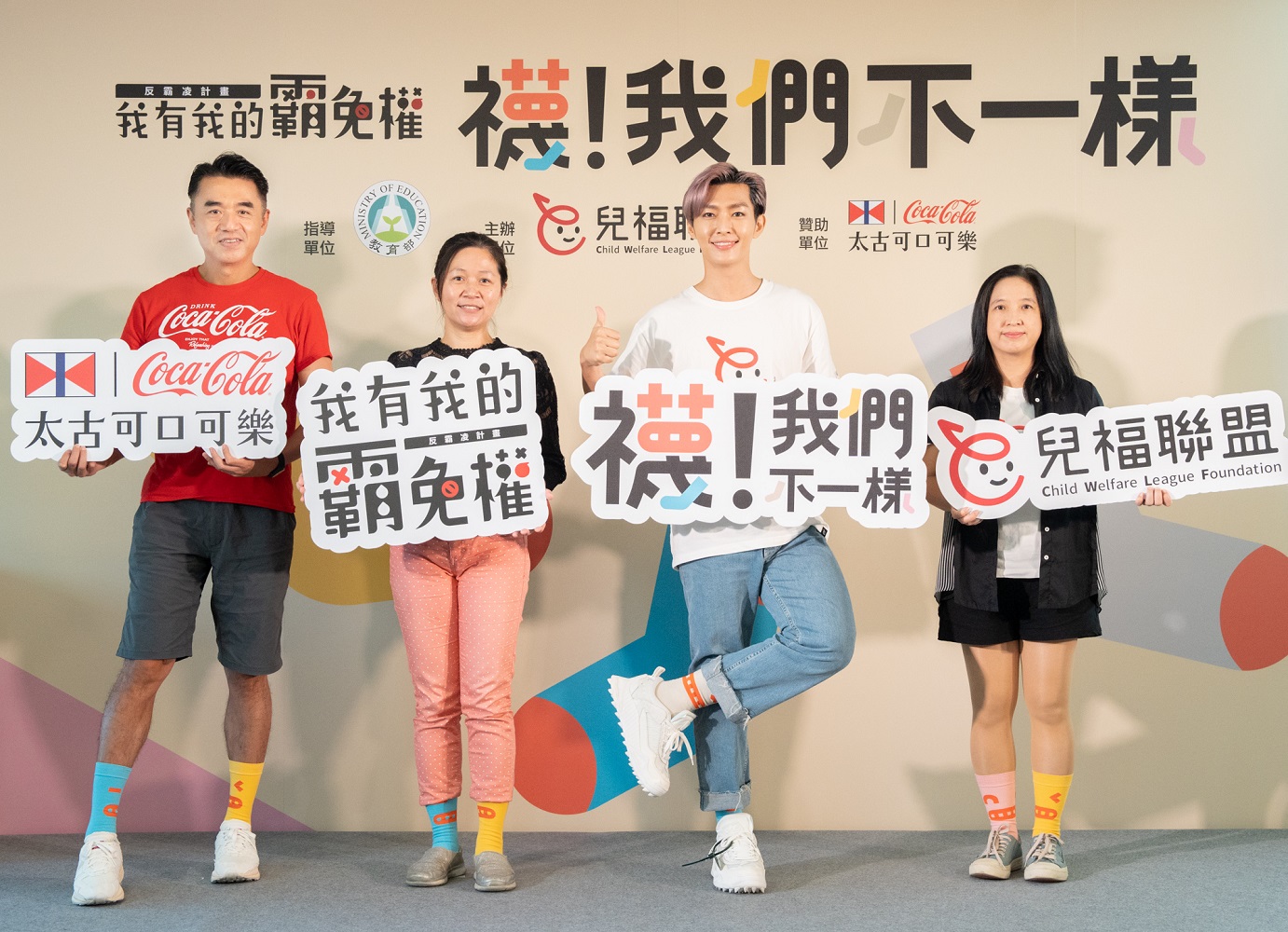
2022 Taiwan Child Microaggression and School Bullying Survey
Events,Research & Advocacy
2022-11-03
“You don’t look like a homo.” “Your mom is a new resident. How come you speak Mandarin so well?” “You’re an indigenous person. You must be good at singing.” “You are so good-looking. Too bad you’re wheelchair-bound.” In our daily life, oftentimes we would hear “jokes” or words with “good intention” which in fact are “microaggressions” imposed upon others. As time goes by, these microaggressions may even lead to school bullying. Since 2017, Child Welfare League Foundation (CWLF) has been partnering with Swire Coca-Cola, Taiwan to organize the annual “I Have My Right Against Bullying” anti-bullying campaigns. With the focus on children, parents and school staff, over these six years we have successfully raised public awareness on school bullying via diverse approaches of social advocacy. However, bullying incidents in different scales and forms still occur in schools. Currently practices addressing bullying issues still focus on the case investigation and intervention after being reported. The next step will be approaching the issue with prevention in mind and creating a friendly school environment. For CWLF’s sixth annual anti-bullying campaign this year, we once again collaborated with Swire Coca-Cola, Taiwan and launched “Wow! We Are Different!” (“wow” sounds similar to “socks” in Mandarin) anti-bullying campaign and declared November “Anti-Bullying Socks Month.” Schools are encouraged to join the campaign via simple and fun actions so as to gain public attention on anti-bullying issues.
Li-Fang Pai, CEO of CWLF, indicated that from our research and interventions on school bullying incidents over the years, we found that many severe bullying incidents could be traced back to prolonged unintentional microaggressions. Unintentional attitudes, words and behaviors like refusal, degradation, denial or ignorance in daily interaction with others are all microaggressions. Without timely awareness and correction, these unintentional prejudices would slowly intensify and becomes intentional hostility, and progressively turn into visible bullying or violent behaviors threatening children’s safety at school.
Nearly 90% children had been laughed at or ostracized at school. Personality and looks were the main causes for microaggression.
According to the results of CWLF’s 2022 Taiwan Child Microaggression and Bullying at School Survey which was responded by 1,443 high schoolers in Taiwan, 87.6% children had seen microaggression such as classmates being laughed at or ostracized in class. The most common characteristics connected with microaggression are “personality or temper” (bad temper: 59.7%), behavior (attention seeker: 41.0%), looks (too ugly: 27.4%), clique (different clique: 26.5%) and body shape (overweight: 24.0%). Children with different characteristics tend to get more attention from others. Moreover, due to the lack of understanding of differences, children may progressively change their attitudes from dislike or disgust to ridicule or edging out those who are different from them.Sad, anxious, wanting to self-harm | Is being like others the only way to prevent microaggression?
When children are victims of microaggression or ostracism, they may feel sad (73.3%), anxious (56.9%) and angry (56.6%). For more severe cases, children’s life or physical health would also be affected. The survey results showed that victims of microaggression may refuse to attend school (34.9%), have insomnia (29.4%) or even “consider self-harm (26.9%).” It is evident that the effect of microaggression is profound and can leave scars that are difficult to be removed. When being asked how they would handle microaggressions, less than half of the children would seek help from their teachers (48.3%). Most children would choose not to let their characteristics be seen by others. For instance, change themselves and try to be like others (47.3%), reinforce other characteristics to transfer others’ attention (41.6%), hide their characteristics (29.3%), or even deny they have these characteristics (6.7%). This suggests in unfriendly school environment where being different is discriminated, children can only survive on “trying to be like others…”Are you also imposing microaggression or ignorance on others? 32.1% children have thought about conducting microaggression.
Is microaggression prevalent in schools? The survey results showed that over 30% children (32.1%) already have unconsciously treating or having microaggressive thoughts toward their classmates. Common situations include “calling others undesired nicknames just for fun,” “thinking classmates with disabilities should go to special classes,” “don’t want to hang out with friends with bad academic performance,” “align with others to edge out the classmates they dislike,” etc. It is worth mentioning that ratios of boys with microaggressive thoughts (44.8%) were significantly higher than girls (26.8%). In addition, the survey found that more than 10% of children lack sense of justice. 14.2% children would conduct victim blaming and think “only those who have flaws in their personalities or are stupid would get bullied.” 12.8% children considered reporting to teachers on bullying incidents is the behavior of a snitch. Also, children with microaggressive thoughts had less sense of justice than others. For instance, 51.8% children with microaggressive thoughts agreed that “defending justice for others would make me the next victim,” which was significantly higher than children without microaggressive thoughts (38.6%). Bystander justice could be the deciding factor of how the bullying incident would progress and how serious the harm would be. The more unaware microaggressions that make schools less friendly, the more prevalent bullying would increase.Teachers initiate microaggression? 33.7% children thought teachers favor students with certain characteristics.
The survey results showed that 33.7% children thought teachers “would favor students with certain characteristics.” More than 20% students (20.9%) thought that “teachers only focus on their teaching. They don’t care or would handle issues over students’ peer interactions.” These attitudes directly affected the building of friendly environment in class. Through cross analysis, we found that if schools and teachers are more impartial in their teaching, respect diversity, attend and handle students’ interpersonal issues, microaggressions among students are less likely to take place, and students have more positive and significantly less negative coping strategies when encountering bullying incidents.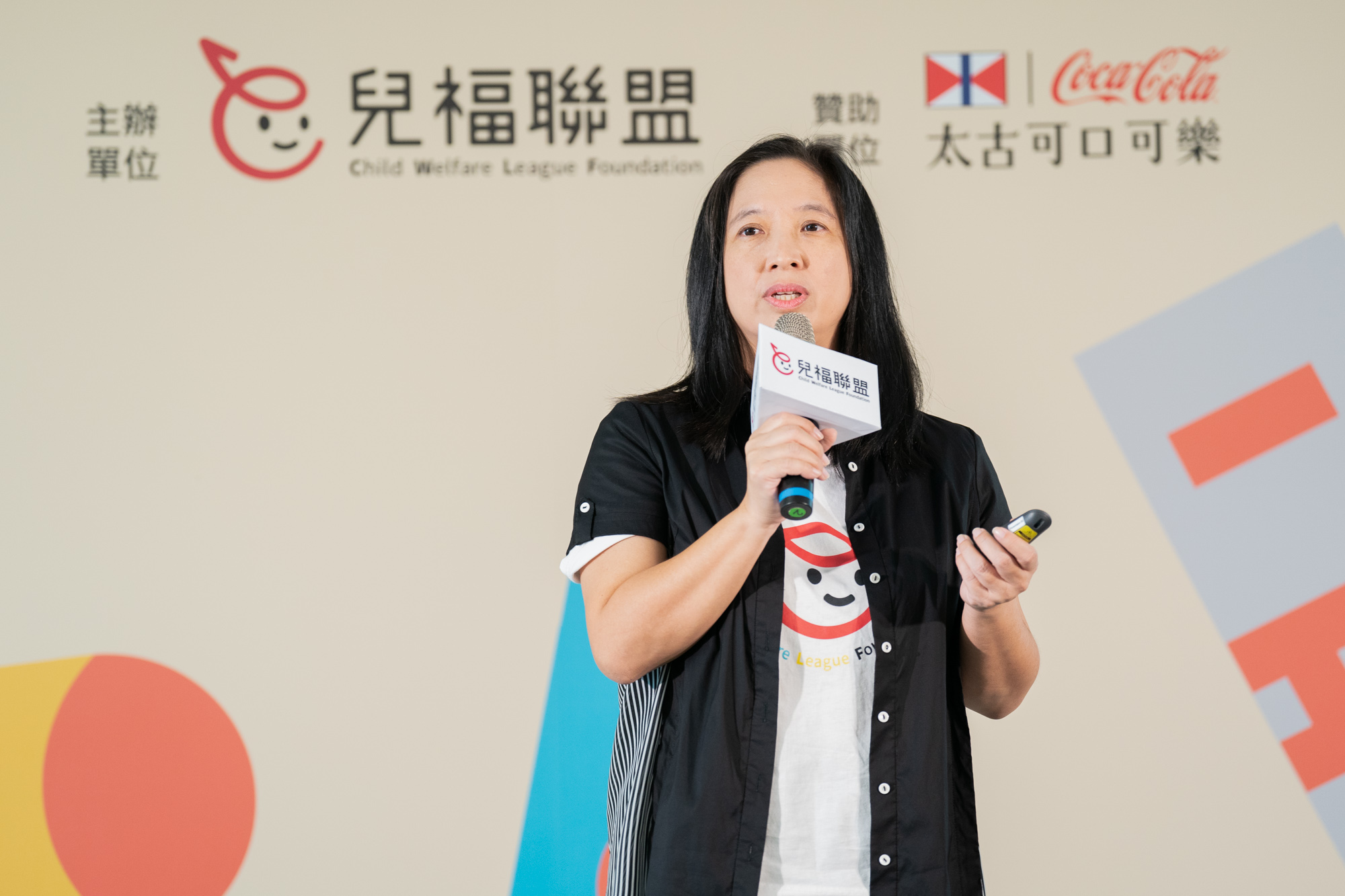
Wow! We Are Different! Anti-bullying starts from understanding and respecting differences.
Li-Fang Pai indicated that bullying on different characteristics often begin with “microaggression,” which progressively turn into ostracism and bullying. Therefore, this year we narrow down the theme of our campaign in microaggression situation in school with the special focus on adults. We call on the schools to respect students’ voice and provide reasonable explanations when making or changing any rules. Teachers should respect diversity and educate without discrimination or microaggression. When teachers face students with different characteristics, they should not have bias or treat them differently. Moreover, there is still a big room for improvement in children’s understanding toward different characteristics. Schools and families can strengthen their education on characteristics that are often related to victims of microaggression, promote respect diversity, reduce discrimination and accept differences, including their own.This year CWLF collaborated with Swire Coca-Cola, Taiwan to launch “Wow! We Are Different!” anti-bullying campaign in November. Through fun collaborative activities at school and facilitation of related lessons, we teach students to first accept themselves and then move on to accept all possibilities. Through containment attitude, they can interact and hang out with diverse people and learn to be a better citizen in the future.
In addition to activities with students, we also launched “Wow! We Are Different!” anti-bullying crowd sourcing project (https://bit.ly/3VH6fKl), hoping to raise public awareness on anti-bullying issues. By wearing socks in different colors or emojis on different feet, people can join the campaign and experience the fun of (un)matching their outfits and encourage the public to understand that the difference between each person is exactly what makes the world interesting.
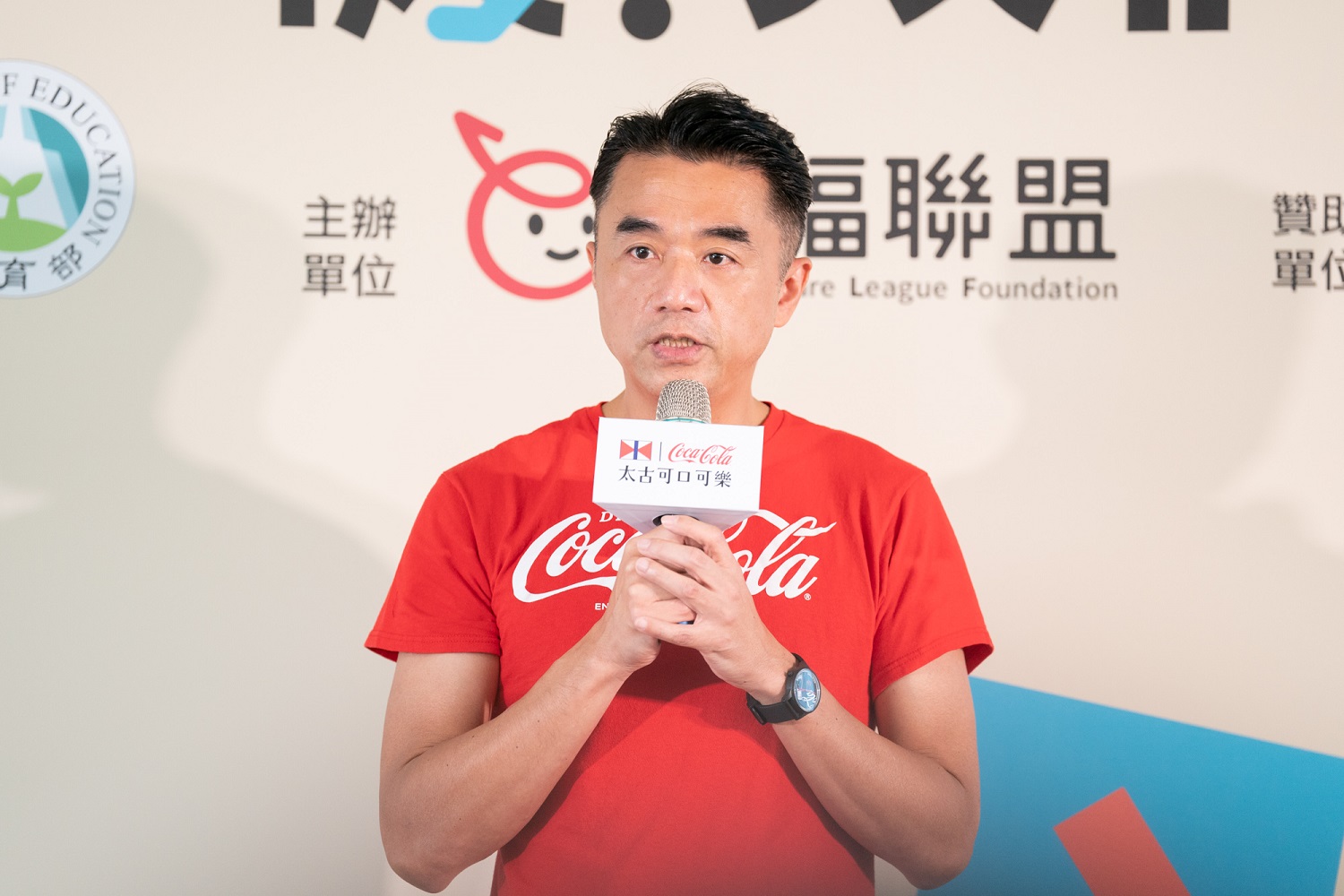
Swire Coca-Cola, Taiwan calls on actions to use “happiness” to reduce school bullying.
Since 2017, Swire Coca-Cola, Taiwan and CWLF has collaborated in annual “I Have My Right Against Bullying” initiatives. Each year we went to different schools to conduct educational courses, tried to use innovative ways to create dialogues on anti-bullying with different stakeholders including students, teachers, parents and the public, hoping to help young people to be happier.President of Swire Coca-Cola, Taiwan Wai-Kwan Ho indicated that from the dialogues we had, we found that school bullying often stems from differences between people while the lack of acceptance would exaggerate the differences and even exacerbate the conflicts. Therefore, this year our “I Have My Right Against Bullying” campaign decided to restart from the origin and re-create UK Anti-Bullying Alliance’s Odd Socks Day, inviting participation of primary and secondary schools across Taiwan. The choice of event dates is exceptionally meaningful because UNESCO has declared the first Thursday of November the “International Day against Violence and Bullying at School Including Cyberbullying” in response to the ongoing prevalence of school bullying. Therefore, Swire Coca-Cola, Taiwan collaborated with CWLF to make November “Wow! We Are Different!” Anti-Bullying Socks Month. From the 3rd to 30th of November, schools can choose one day to encourage the entire staff and students to wear unmatched socks to school to freely express their own personality and uniqueness. With this simple and fun activity, we encourage everyone to voice for differences and post photos of them taking the challenge on social media to let more people see our claim on fighting against bullying with happiness.

Outstanding Young Person and the third-time anti-bullying ambassador, Aaron Yan hopes everyone let their light shine and be themselves.
Aaron has been our anti-bullying ambassador for three consecutive years, which clearly shows his special attention on child bullying issues. During the press conference, he looked back on his own experiences of being the victim of discrimination and microaggression on schooldays and after he became a star, and used his personal experiences to tell young people who are facing similar situations that it is quite normal to encounter someone who does not like you. “Compared with changing others, it is better to changing our own thoughts. I hope everyone can let their own light shine and be themselves.” With such lived experiences, Aaron Yan encouraged young people to try to say it out loud when encountering microaggression. Sometimes it can also be a solution to let the bully know how we feel.2022 Wow! We Are Different! Anti-Bullying Campaign
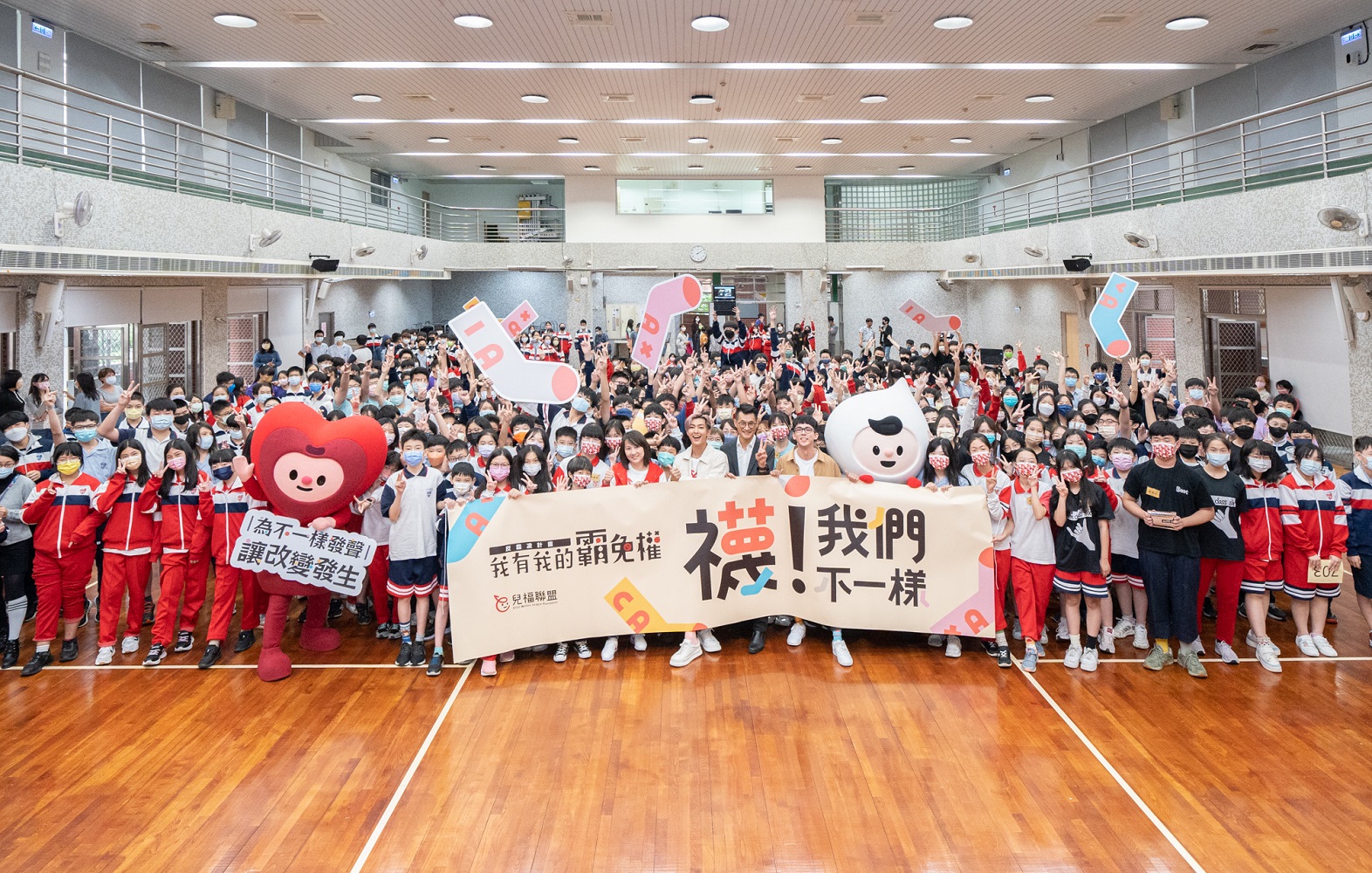
█ Anti-Bullying Socks Month Challenge on Social Media
Choose one day between the 3rd and 30th of November to wear unmatched socks, take one most creative socks photo, upload it to Facebook or Instagram, tag @cwlf, and hashtag #IHaveMyRightAgainstBullying #WowWeAreDifferent#我有我的霸免權#襪我們不一樣. If you are a school staff, you can call on the entire class/school to wear unmatched socks to school. CWLF will provide “We Are Different” lesson plans for teachers to discuss the issues with their students. We also welcome everyone who cares about bullying issues to take this challenge. More information of the campaign can be found on the website: https://antibullying.children.org.tw/
█ Anti-Bullying Crowd Sourcing Project
This fundraising project will be on WaBay from 18:00 of 3rd November to 18th December. Anyone who supports “Wow! We Are Different!” Anti-Bullying Crowd Sourcing Project will have a chance to receive limited rewards, including 4 different socks with different colors and emojis, symbolizing everyone’s different characteristics. For more information, please visit https://bit.ly/3DPH4xY. The donation received from this project will be entirely put into CWLF’s anti-bullying campaign promotion.
█ Hahow Online Course
“CWLF – Mom & Dad’s Required Course: Develop Your Child’s Anti-Bullying Superpower” will be officially launched online on 5th December. The course will take the learners to understand bullying, the effects bullying causes, ways to help children build capacities to cope with bullying, and simple but practical steps for parents to accompany their child(ren). When bullying occurs, as long as there is “one person” who is willing to change and stand up, there is a chance to turn around the adversity. We hope everyone can be “that person.” Course information: https://hahow.in/cr/anti-bullying
